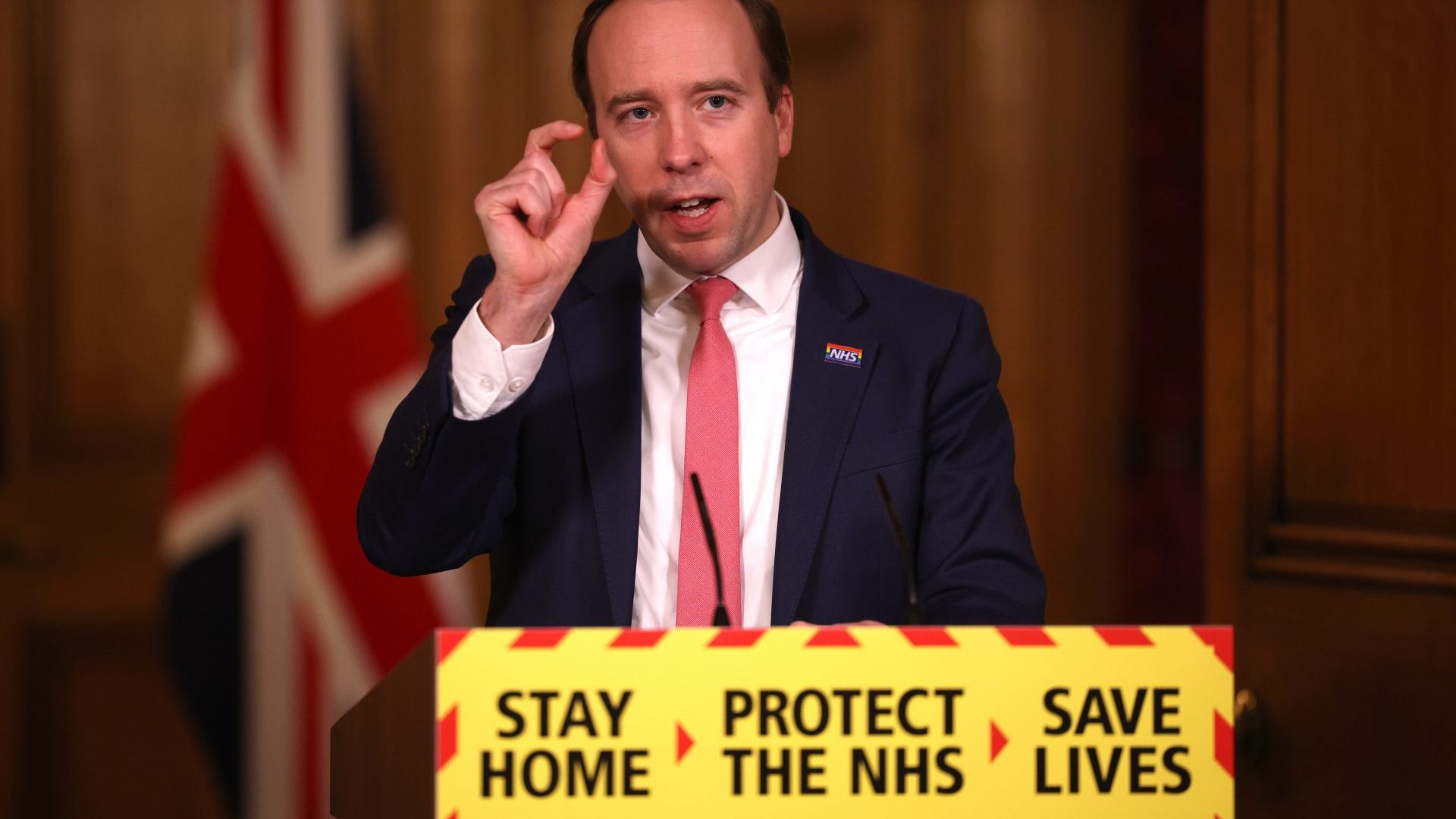The SNP-led Scottish government has been short of good news of late. So it has issued a long and very detailed report which sings the benefits of an independent Scotland rejoining the European Union. This is a scenario, it barely needs to point out, that is only possible if the SNP remains the country’s dominant political force (and perhaps not even then).
In some areas, the report makes perfect sense. There were multiple reasons why Scotland was happy to be a member of the EU, until it was dragged out by a London government on terms that no one voted for. For a start, it used to be a huge recipient of the EU’s regional funds – a drive down any road in rural Scotland makes that all too clear. It has historic links with France and other EU countries too.
And there are multiple ways in which an independent Scotland would benefit from rejoining – regaining all the benefits that Britain has lost from leaving, including cooperation on a thousand issues, membership of the single market and Erasmus, no tariffs, less red tape and renewed international influence.
If Scotland was back in the European fold, Edinburgh and other financial centres would become even more attractive places for company HQs – Scotland is very good at financial services. That prospect would really worry a City of London that is already under pressure from Brexit.
But – and it is a big but – as Northern Ireland has shown, if one part of the UK wants to join or stay in the single market, there has to be a border.
In the case of Northern Ireland, it is down the Irish Sea. In Scotland’s case it would be at the border with England – on the M6, the A1, the west and east coast mainline train lines and in a dozen other places.
The EU would insist that the border worked efficiently. The Scottish government talks about this being managed by online form filling and new technology but then that is exactly what Boris Johnson claimed. During the referendum campaign, during negotiations and even after them, he lied blatantly and repeatedly about this. He even was caught on camera telling Northern Irish business leaders that there would be no forms or delays and they could throw any paperwork in the bin and phone him at No 10 to sort it out. It was just one of his shameless lies.
I am afraid a border, is a border, is a border. That means a Scotland in the EU would have to implement the European side of the current deal with the rest of Britain, which is, of course, the terrible TCA negotiated by Boris Johnson and Lord Frost.
The good news for an independent Scotland is that it would be doing so as part of the EU, with all the benefits listed above. When it came to goods flowing between Scotland and England though, it would mean checks on food and agricultural imports and exports, red tape, delays at the border, billions of pounds in paperwork and all the other problems that have happened post-Brexit at Dover and elsewhere. The Scottish government’s report claims it can minimise these problems, but this is wishful thinking – the EU doesn’t seem to think so, see the Windsor Agreement and the queues at Dover.
Operation Stack would quite possibly be a permanent feature of the M6/A74(M), going both ways, and would there have to be passport controls on the east and west coast mainline, on flights from London to Glasgow and so on? You have to assume so.
Scotland’s largest trading partner by far is England – more than 60% of its imports and exports are with the rest of the UK. That is even larger than the percentage of trade that the UK does with the EU, and it was the damage done to that intensity of trade that did all the post-Brexit damage to the UK. Scotland is therefore likely to suffer even more if it leaves the UK, not least because although the Single Market was seamless it was not as seamless as trade between Scotland and England is now.
Remember too, that, short of introducing long and expensive ferry routes between Scotland and the continent, the only access to the EU’s main market is via England. So goods would have to cross two borders to get to France.
Large parts of Scottish industry are also dependent on UK orders – for instance, most of the Royal Navy’s ships are built on the Clyde. I can’t see the London government building more vessels there after independence; the SNP already complains that the orders are too small and too far apart. They would be a lot smaller and a lot further apart after the break-up of the UK.
All in all, Scotland could make a go of it in the EU as an independent nation, but the costs would be very high, the border problems huge, the lost business damaging and the benefits of membership much harder to realise without England and Wales rejoining too. It is a catch-22.
So why the unfettered enthusiasm for rejoining in this report? Because Brexit plays right into the hands of the SNP, which has moaned for decades that it has had English policies forced on it by a London government. Policies it never voted for, doesn’t want, and thinks are damaging, divisive and unfair to Scotland. In some cases, it is right, although to be honest it is sometimes difficult to find a Westminster policy that the SNP has ever liked. But with Brexit, you must admit Scotland never fell for Boris Johnson and his happy band of liars – they saw what was coming and voted against it.
It all means that in the long term, Brexit is another grudge for the Scots to hold against the rest of the union. As we have seen with Northern Ireland, the Brexit grudge weakens the union, and it is one that will fester.
An independent Scotland in the EU is not the panacea the SNP suggests but it is good ammunition for their cause.
And, whatever you think of the Scottish government, on this issue they are right – Brexit is a prime example of Scotland being screwed by the English.




